Introduction: When it comes to securing a mortgage in Massachusetts, you'll likely have two primary options: working with a mortgage broker or directly with a bank. The best choice for you depends on your unique financial situation and preferences. In this blog post, we'll explore the key differences between mortgage brokers and banks, helping you make an informed decision.
MORTGAGE BROKERS: Mortgage brokers are independent professionals who act as intermediaries between you (the borrower) and various lenders. Here are some key points to consider when working with a mortgage broker:
Access to Multiple Lenders: Mortgage brokers have access to a large network, with a wide variety of lenders and loan products. This gives you a range of options to find the best mortgage deal tailored to your needs.
Personalized Service: Brokers work closely with you to understand your financial situation and goals. They can provide personalized advice and help you navigate the mortgage process efficiently.
Comparison Shopping: Brokers can help you compare multiple loan offers, including interest rates, terms and fees, ensuring you get the most competitive rates available.
Saves Time: Mortgage brokers handle the paperwork, communication with lenders, and other administrative tasks, saving you valuable time during the mortgage application process.
Credit Analysis: Brokers can provide advice on improving your credit score, which can likely help you qualify for better mortgage terms.
BANKS: Working directly with a bank is another option when obtaining a mortgage. Here's what you need to know about getting a mortgage through a bank:
Single Lender: When you work with a bank, you are dealing with a single financial institution. While this limits your options, it can be convenient if you have a long-standing relationship with the bank.
In-House Products: Banks offer their own mortgage products, which may include special discounts for existing customers. However, you could potentially miss out on the opportunity to take advantage of specialized loan products that may be a better fit for your personal situation.
Familiarity: If you have a strong existing relationship with a particular bank, they may take your banking history into account when considering your application. However, you will likely be subject to dealing with multiple different people throughout the various stages of the loan process.
Limited Comparison: You won't have access to multiple lenders' offers through a bank, potentially limiting your ability to find the best mortgage terms.
Conclusion: The decision of whether to work with a mortgage broker or a bank ultimately depends on your unique financial situation, preferences, and priorities. Mortgage brokers offer access to a wider range of lenders and offer personalized service, making them a popular choice for many borrowers. On the other hand, if you have a strong relationship with a bank, obtaining a mortgage directly from that bank may be a convenient option for you.
Ultimately, it's essential to do your research, compare your options, and carefully consider your financial goals before making a decision. Whichever path you choose, ensure that you select a reputable and experienced professional to guide you through the mortgage process. If you have further questions or need assistance in securing a mortgage in Massachusetts, don't hesitate to reach out to us here at Heritage Mortgage Company for expert advice and personalized assistance.

